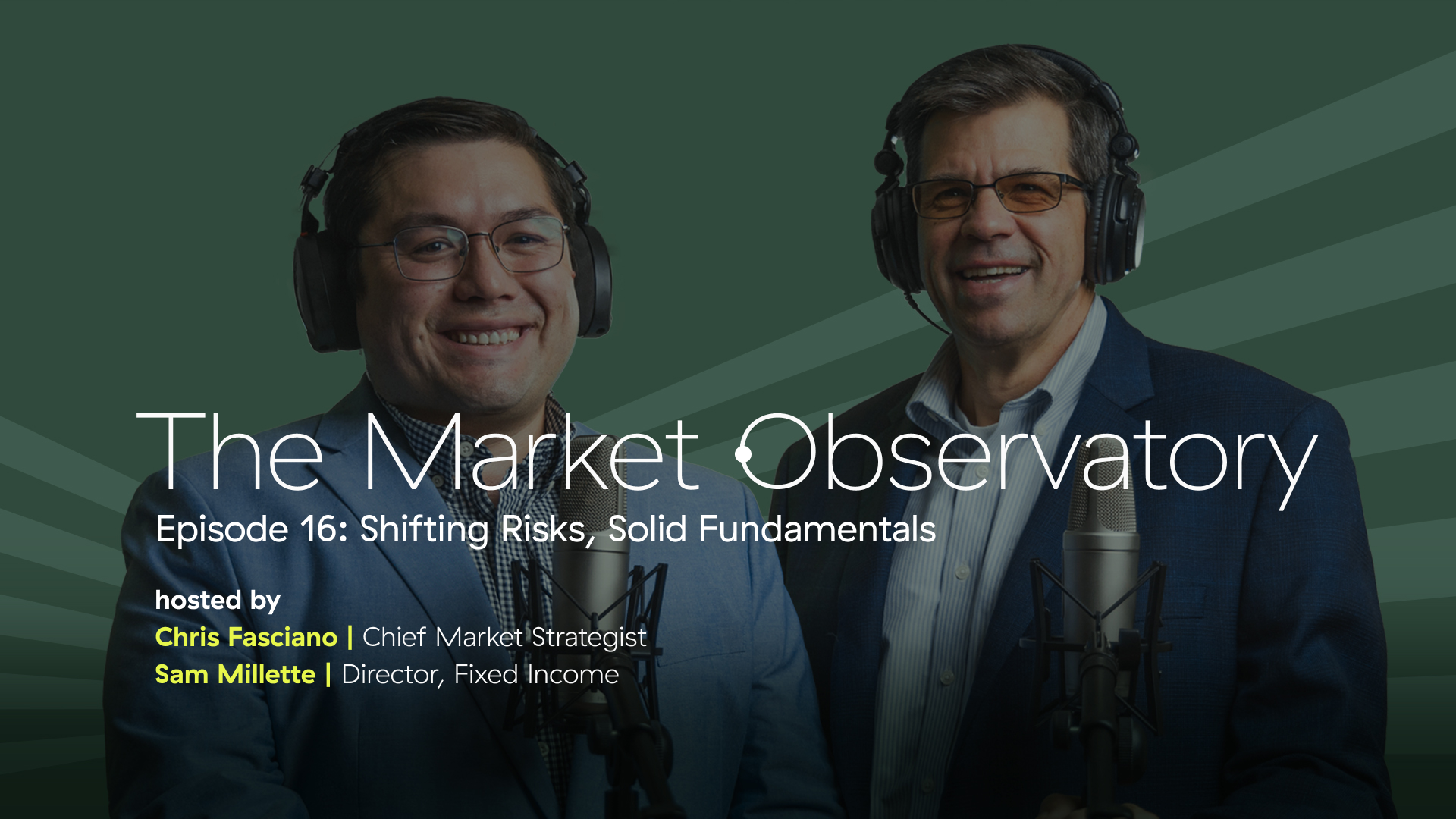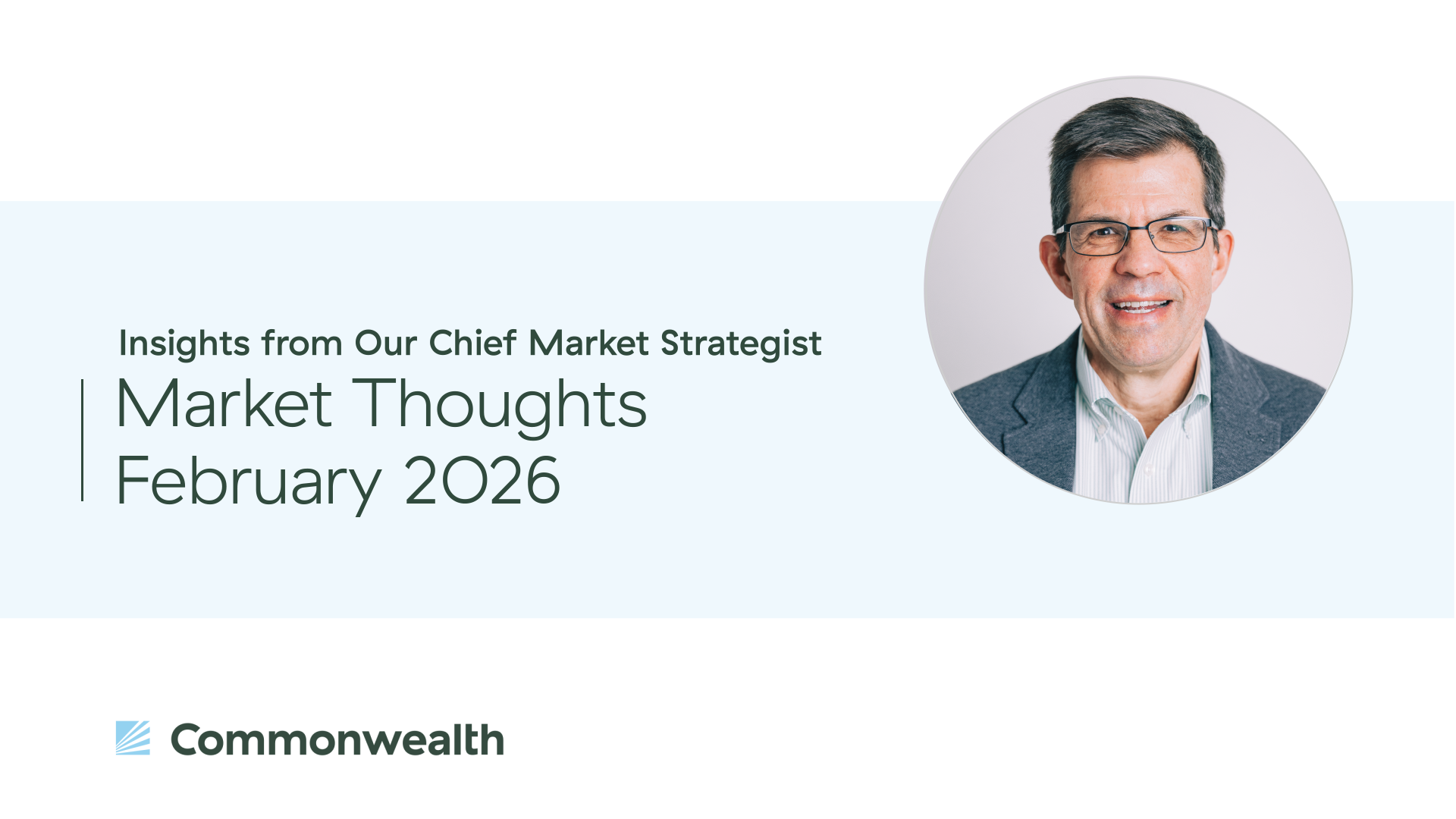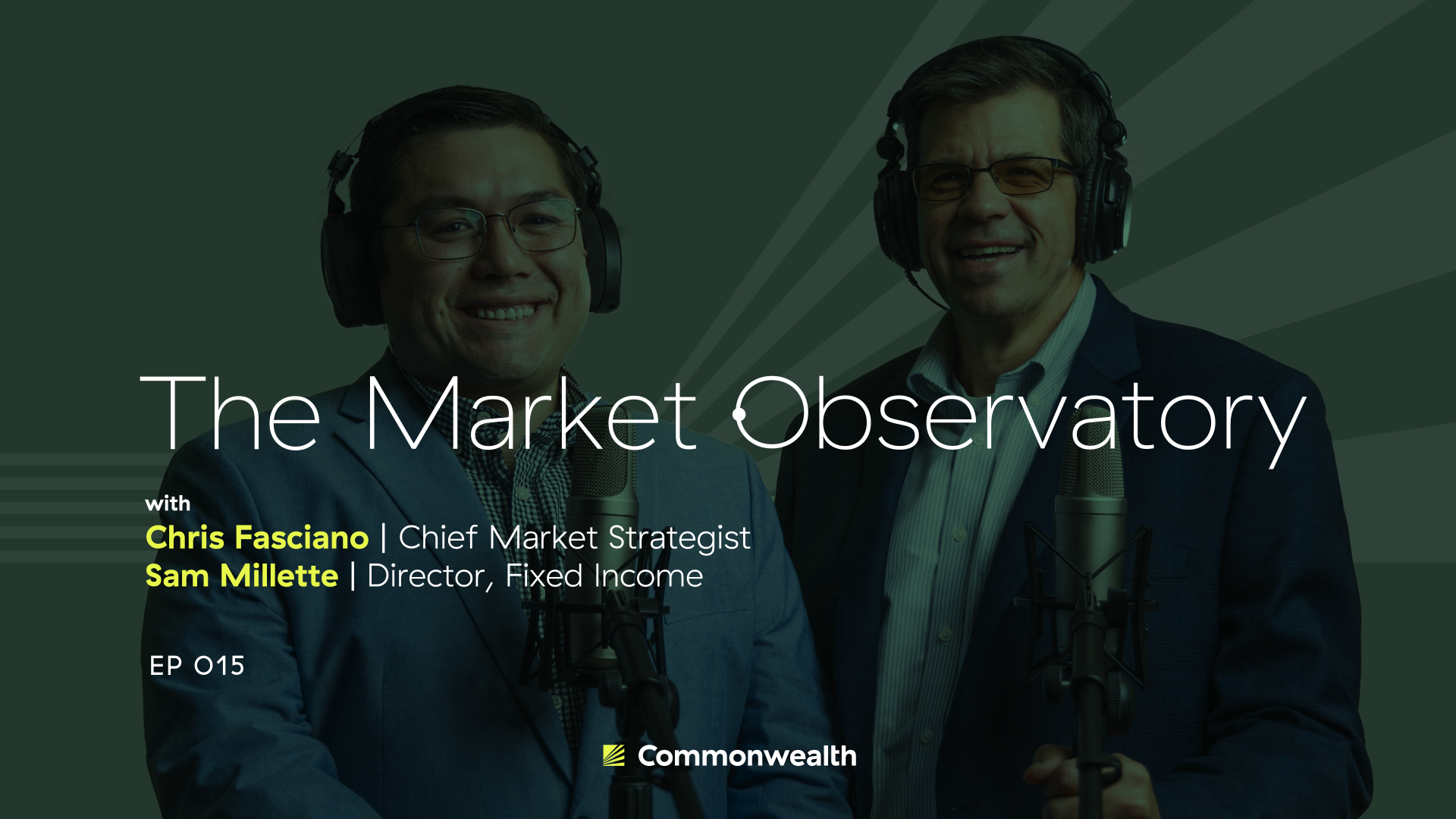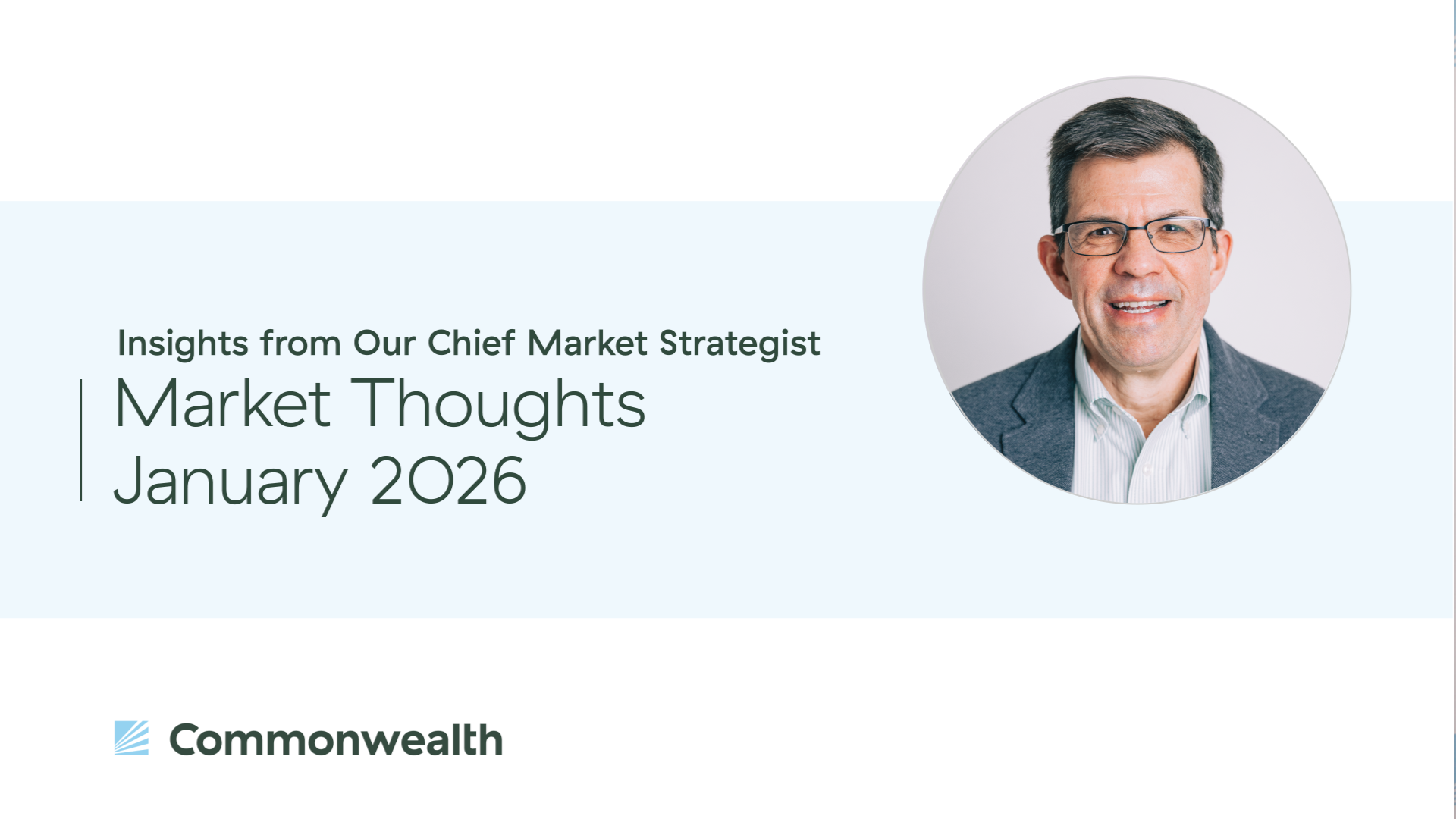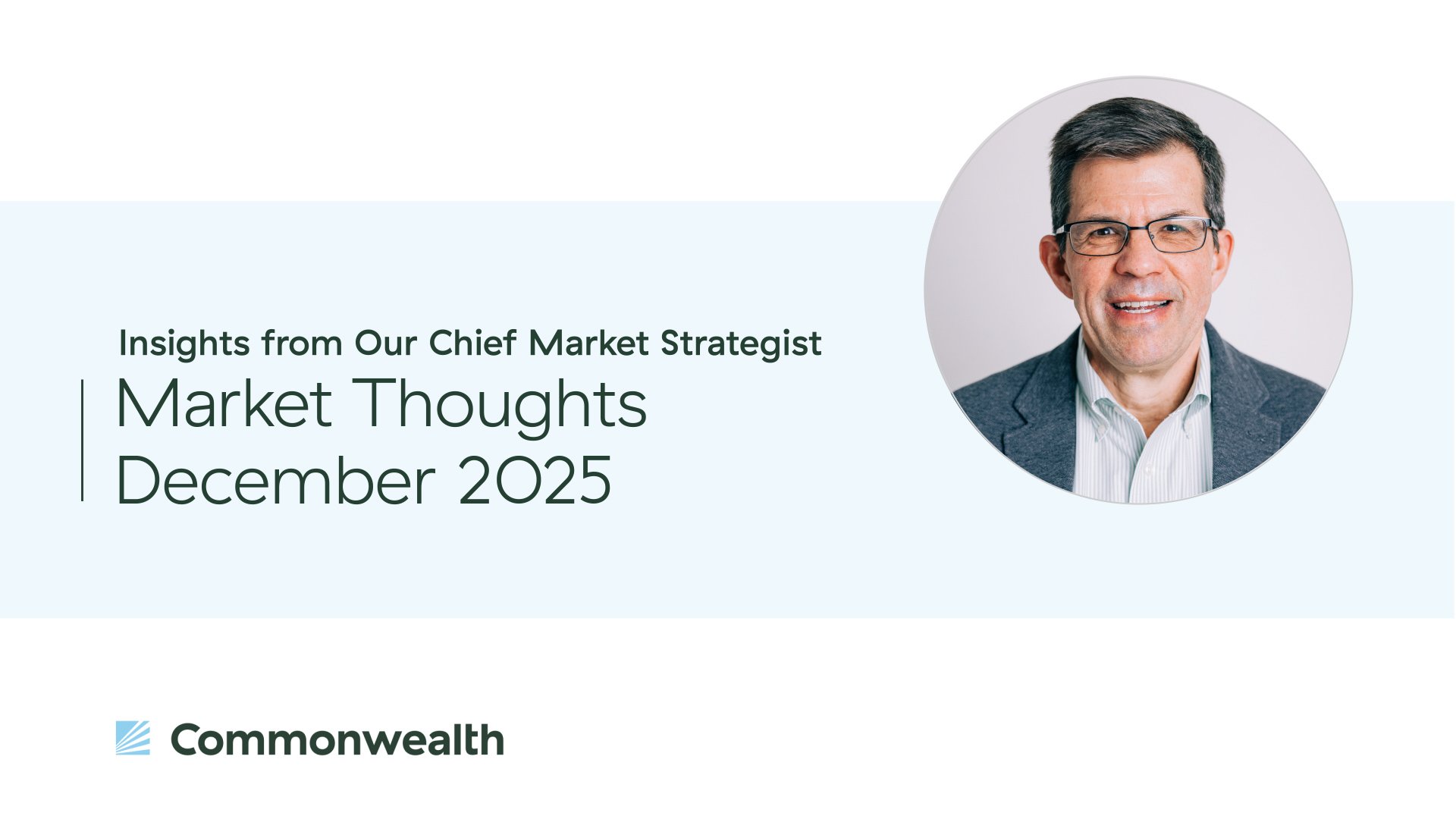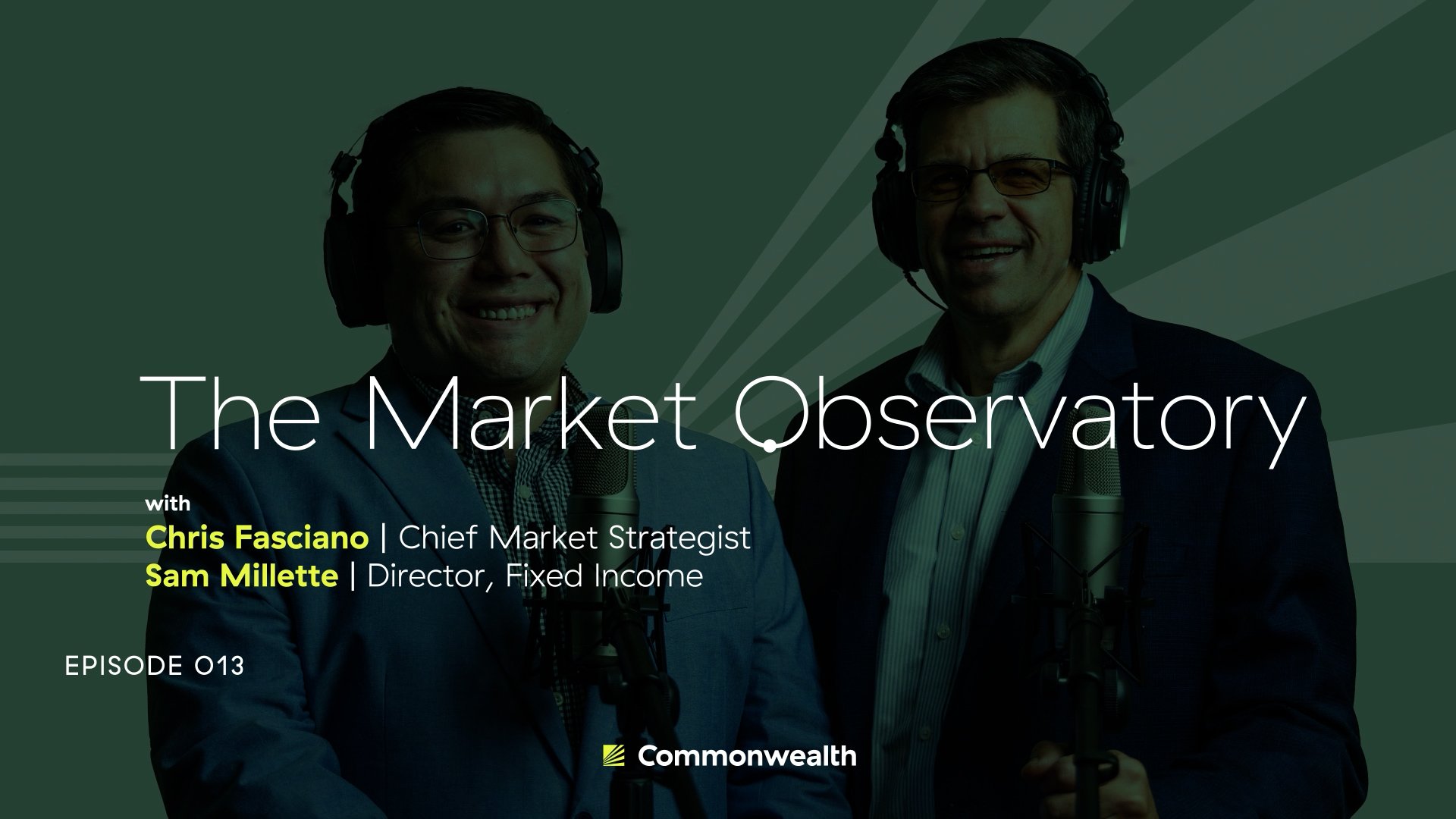At a recent advisor presentation, I was asked an interesting question about this year’s consensus upbeat outlook and what could happen if it doesn’t come to fruition. Indeed, you can make the case that consensus coming into 2026 is sanguine. U.S. GDP growth is expected to be around 2 percent, with some economists forecasting even higher growth due to the benefit of fiscal stimulus from the One Big Beautiful Bill Act. It is challenging to find anyone calling for a U.S. economic recession, despite concerning trends in employment and inflation. Certainly, this outlook contrasts with that of late 2022, when almost everyone was forecasting a recession in 2023. That recession never materialized. The lesson? The consensus view isn’t always right.



